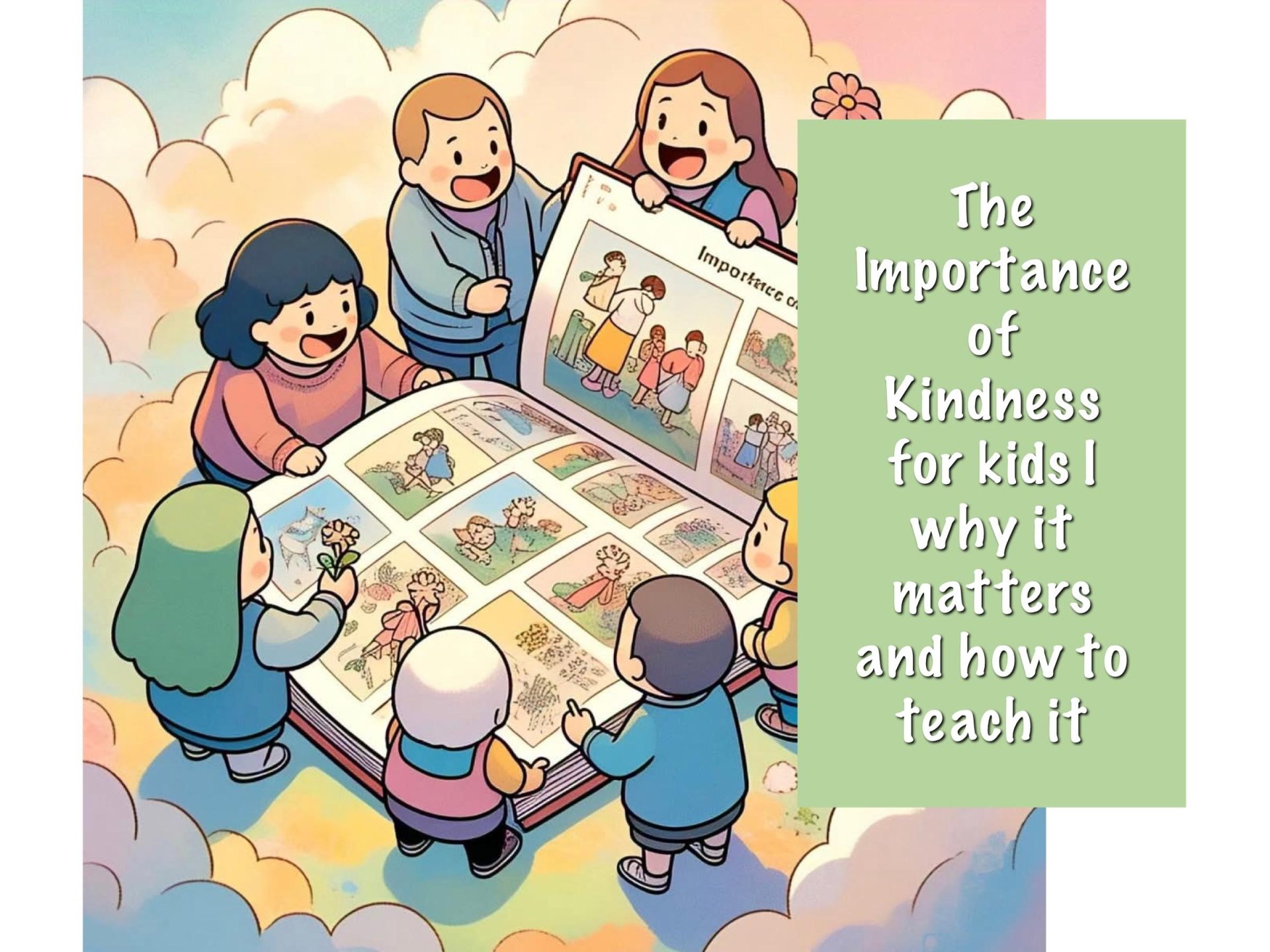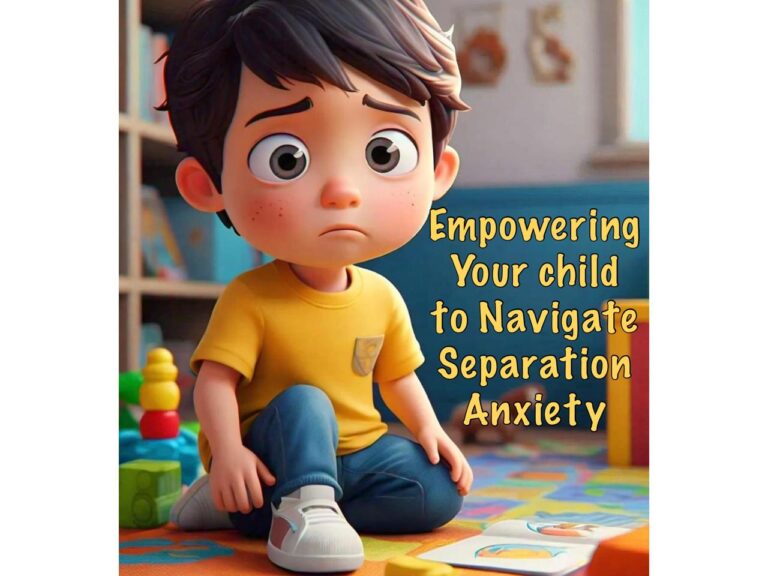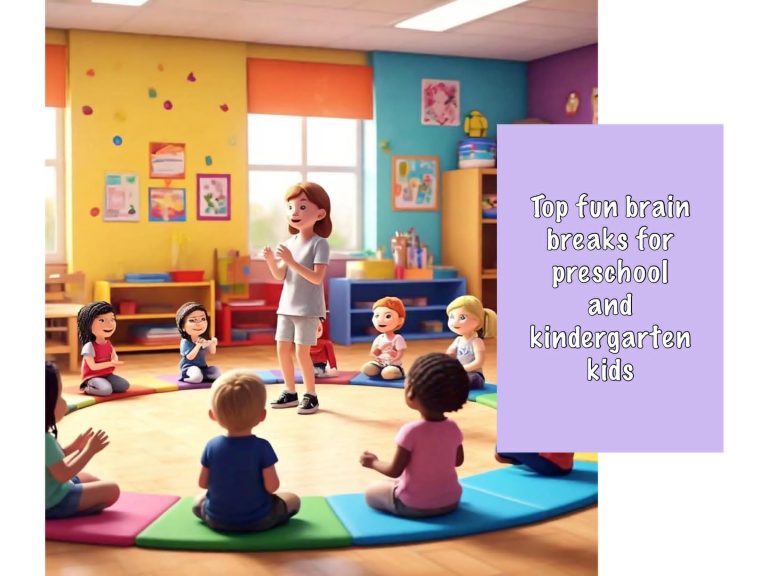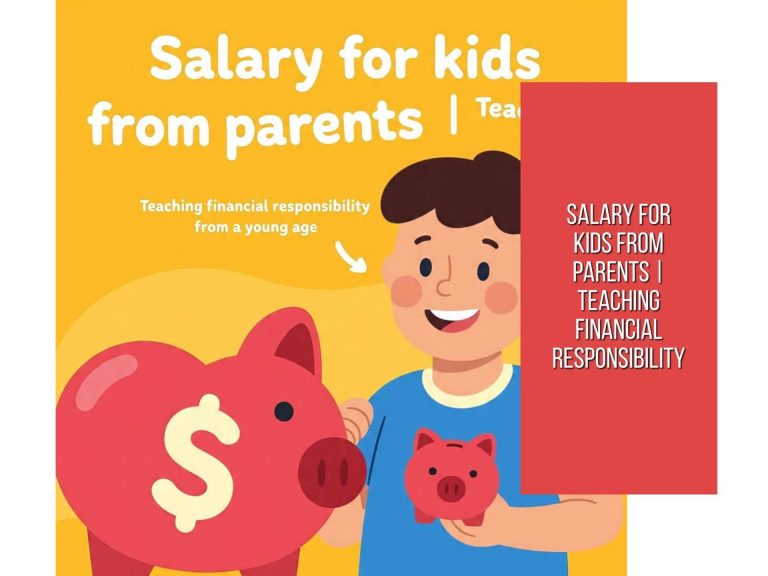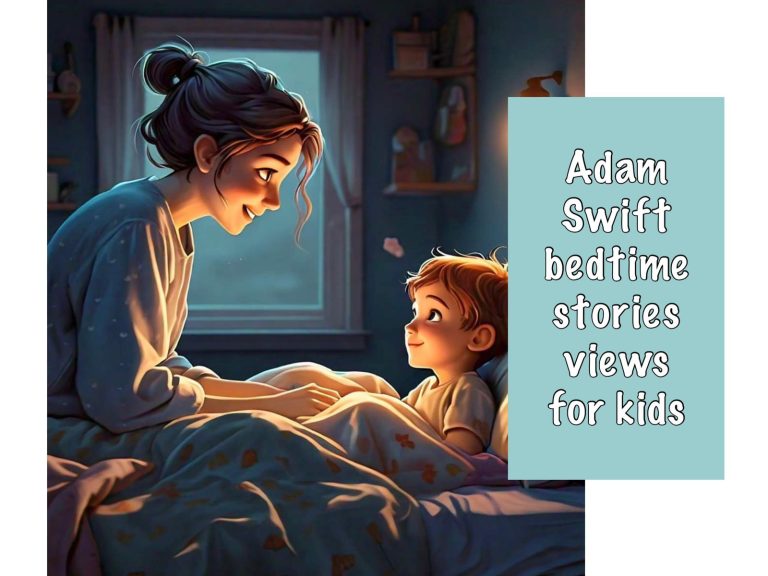The Importance of Kindness for Kids | Why It Matters & How to Teach It
Kindness is one of the most important values a child can learn. It helps them build strong friendships, develop empathy, and create a positive impact on the world around them. In today’s fast-paced world, teaching kids to be kind is more important than ever. But why does kindness matter, and how can parents and teachers instill this quality in children? Let’s explore.
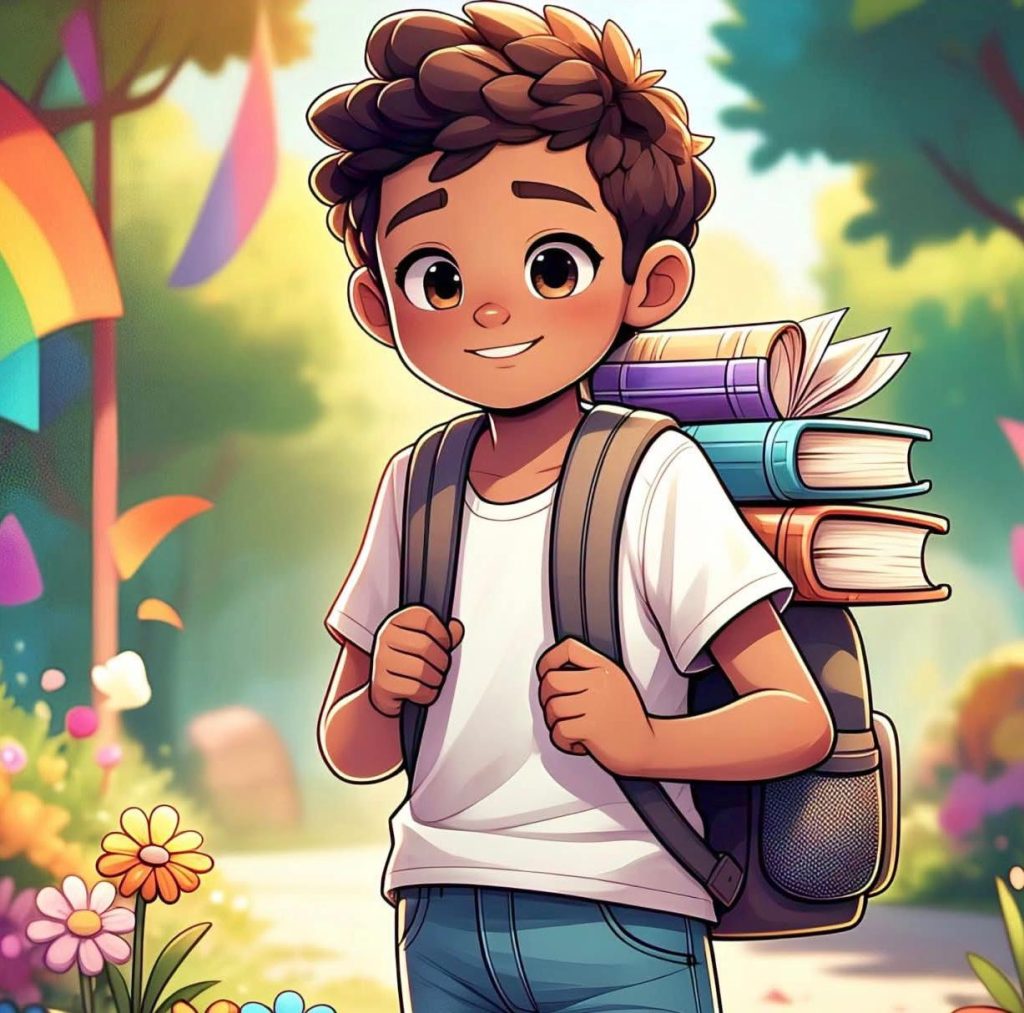
Why Kindness Is Important for Kids
1. Kindness Builds Strong Relationships
Children who show kindness form better friendships. A kind child is more likely to share, listen, and care for their peers, making it easier to develop lasting and meaningful relationships.
2. Boosts Emotional Well-Being
Acts of kindness release feel-good hormones like serotonin and oxytocin, reducing stress and increasing happiness. When kids practice kindness, they feel more positive and confident.
3. Encourages Empathy and Understanding
Kindness teaches kids to put themselves in others’ shoes. This helps them understand different perspectives, making them more compassionate and socially aware.
4. Creates a Positive Environment
In schools and at home, kindness leads to a more peaceful and cooperative environment. When children are kind, conflicts are reduced, and teamwork improves.
5. Sets the Foundation for Future Success
Kindness is a key trait of successful individuals. Studies show that people who display kindness and empathy are more likely to excel in leadership roles and build strong professional and personal relationships.
How to Teach Kindness to Kids
1. Be a Role Model
Children learn by example. When they see parents, teachers, and older siblings being kind, they are more likely to adopt the same behavior.
2. Encourage Gratitude
Teaching kids to say “thank you” helps them appreciate others’ efforts and develop a kind attitude. Gratitude leads to a natural sense of generosity and compassion.
3. Practice Acts of Kindness Daily
Simple acts like sharing toys, helping a friend, or writing a kind note can make a big impact. Encourage children to do small acts of kindness every day.
4. Read Stories About Kindness
Books and stories about kindness can inspire kids to act with compassion. Stories help them see the effects of kindness in different situations.
5. Use Positive Reinforcement
Praise children when they show kindness. Simple words like “That was really kind of you!” reinforce good behavior and encourage them to continue being kind.
6. Teach Problem-Solving with Kindness
When conflicts arise, guide kids to solve them with kindness rather than anger. Teach them how to express their feelings calmly and find peaceful solutions.
Examples of Kindness Kids Can Practice
✔️ Helping a younger sibling with homework
✔️ Saying kind words to a friend
✔️ Sharing snacks or toys
✔️ Helping parents with chores
✔️ Writing thank-you notes
✔️ Holding the door open for someone
✔️ Comforting a friend who is sad
FAQs
1. Why is kindness important for kids?
Kindness helps children develop friendships, build empathy, and create a positive environment around them.
2. How can parents teach kindness to kids?
Parents can teach kindness by being role models, encouraging gratitude, and practicing acts of kindness daily.
3. What are some examples of kindness for kids?
Helping others, sharing, using kind words, and showing gratitude are simple ways kids can practice kindness.
4. Does kindness affect a child’s future?
Yes, kindness helps children grow into responsible, caring adults who build strong relationships and succeed in life.
Conclusion
Kindness is a small act that can make a big difference in a child’s life. Teaching kids to be kind not only helps them grow into caring individuals but also creates a more loving and peaceful world. By modeling kindness, encouraging gratitude, and reinforcing positive behaviors, we can raise a generation that values compassion and respect.
By nurturing kindness in kids, we help shape a world filled with love, respect, and compassion. Let’s raise kind children for a brighter future! 💖 Visit us more often for more such amazing Parental guides.


